Seizing and Multiplying the Opportunities: Comparing Governance Perspectives
Different governance perspectives of our pilots were presented by this panel, highlighting the process of cooperation between our pilots, which have joined forces in order to discover their full potential through discussion and the exchange of opinions. The speakers shared each pilot’s approach and experience, and talked about the future governance structures of the proposed Cybersecurity Competence Network and Centre. This was followed by a short Q&A from the public.
The Governance Focus Group discussion is here with the speaker bios below.
Speakers:
CyberSec4Europe: Natalia Kadenko
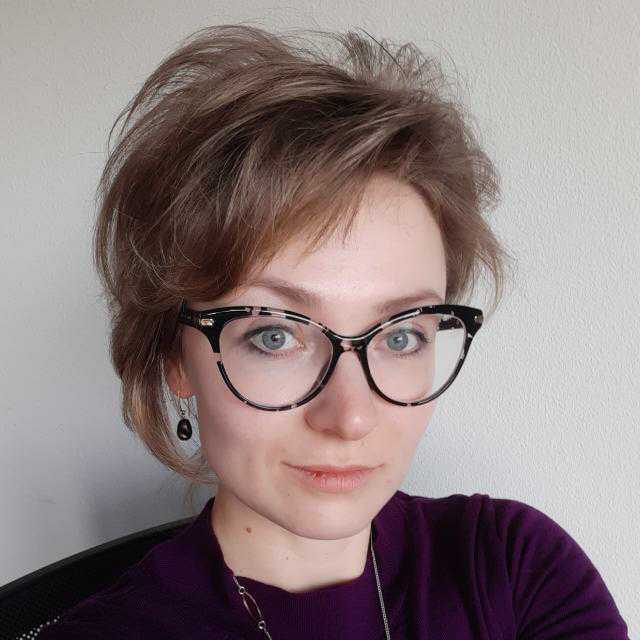
Dr. Natalia Kadenko is a researcher at the Organisation & Governance section at the Delft University of Technology in the Netherlands. Her past and current research interests include disinformation, role of discourse in policy-making and conflict resolution, and “fake news”. She completed her PhD in Political Problems of International Systems and Global Development at Taras Shevchenko National University of Kyiv, Ukraine. Natalia contributed her expertise to diverse projects, including conflict resolution, informing the public about international politics, as we as building resilience to disinformation.
Currently she is doing research on cybersecurity governance in the EU for CyberSec4Europe and coordinating governance cooperation between the four pilots.
ECHO: Velizar Shalamanov
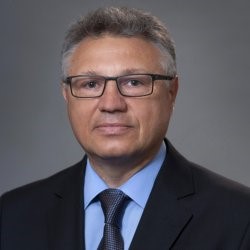
After 19 years in the military, followed by an academic career in the Academy of Sciences, Dr. Shalamanov has had several tours of public service: Deputy Minister of Defence (1998-2001), Minister of Defence (2014) and Director Demand Management in NATO’s IT and Cyber Agency (2009-2017). In 2019 he was elected as a Chair of the Agency Supervisory Board facilitating consensus among 30 nations. Since 2018, Velizar has been Deputy Director of the Institute of Information and Communications Technologies, focusing on consolidation of the academic cyber capacity in Bulgaria and the EU (under a H2020 project) and study of best practices for effectiveness, efficiency and cyber resilience of IT organisations, the role of IT in institutional change management. Dr. Shalamanov’s IT-related research work started in 1984 as project manager, head of section and sector in defence institute, leading intelligent planning and assessment systems development, followed by some projects in space research, institutional change management, integrated command and control / emergency management systems, computer assisted exercises. He defended his PhD thesis in Kyiv (1991) and became Associated Professor in 1998.
CONCORDIA: Arthur van der Wees
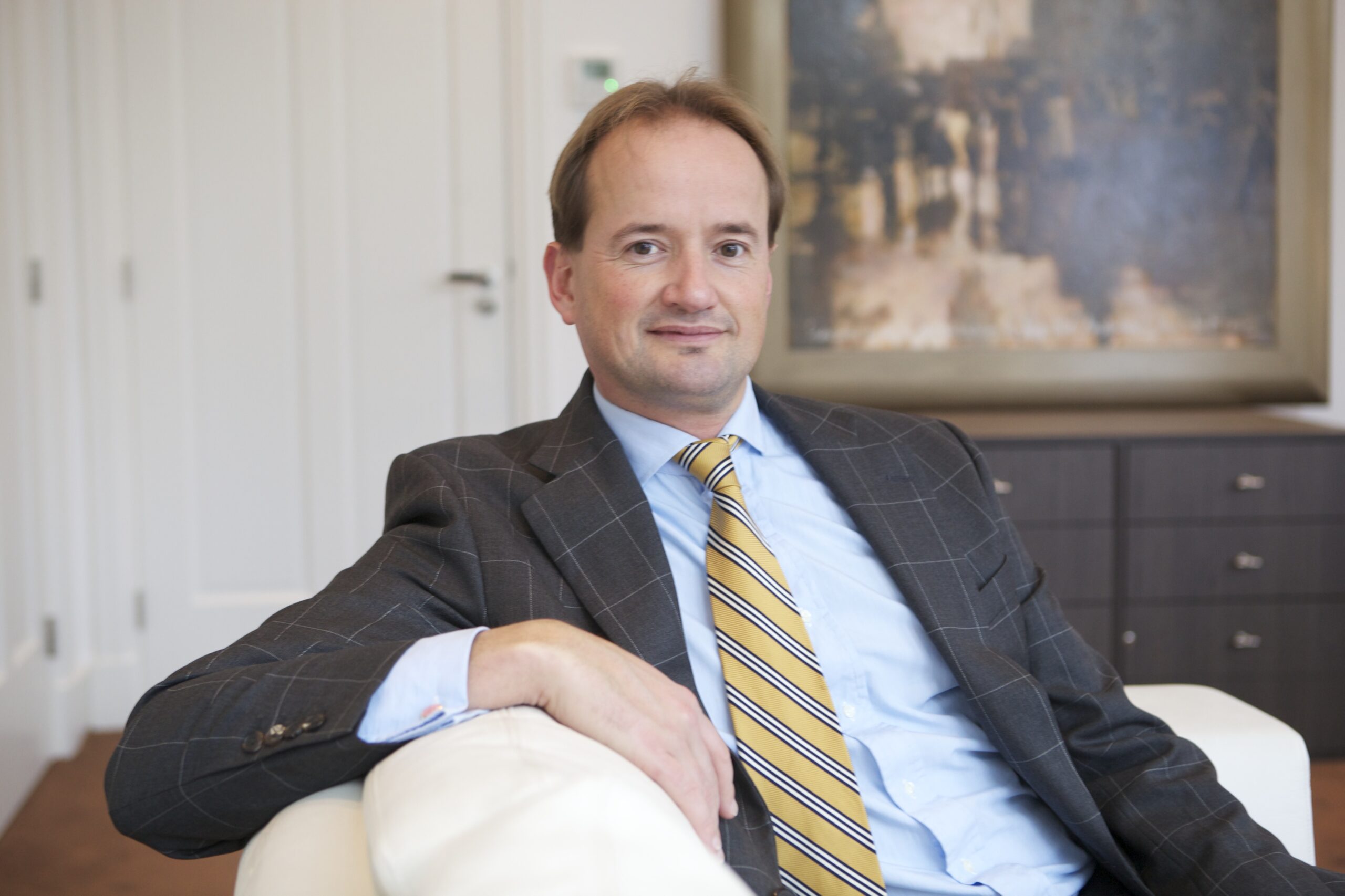
Arthur van der Wees is founder and managing director of Arthur’s Legal, an international strategic law firm with a global reach. Arthur is an attorney at law, a standardisation and policy expert, entrepreneur, strategist and frequent speaker worldwide. He has in-depth experience and is well-connected in the world of digital, data, human-centric emerging technology, accountability, resilience and global business. He is founding member of the Alliance for IoT Innovation (AIOTI), where he is chair of the Policy Working Group, as well as leader of both the taskforces on Security in IoT and Privacy in IoT. He is (co-)author of various publications about innovation, digital transformation, data, IoT, computing, security and privacy and trust, and has contributed to several EU regulations and other policy instruments for the Digital Age. Furthermore he is an advisory board member and respectively partner in more than 10 European projects. Arthur’s Legal is part of ETSI’s Special Taskforce 547 on Security and Privacy in IoT, and a CONCORDIA partner (Strategies, Ethics, Policy, Legal and Data Protection Officer).
SPARTA: Thibaud Antignac
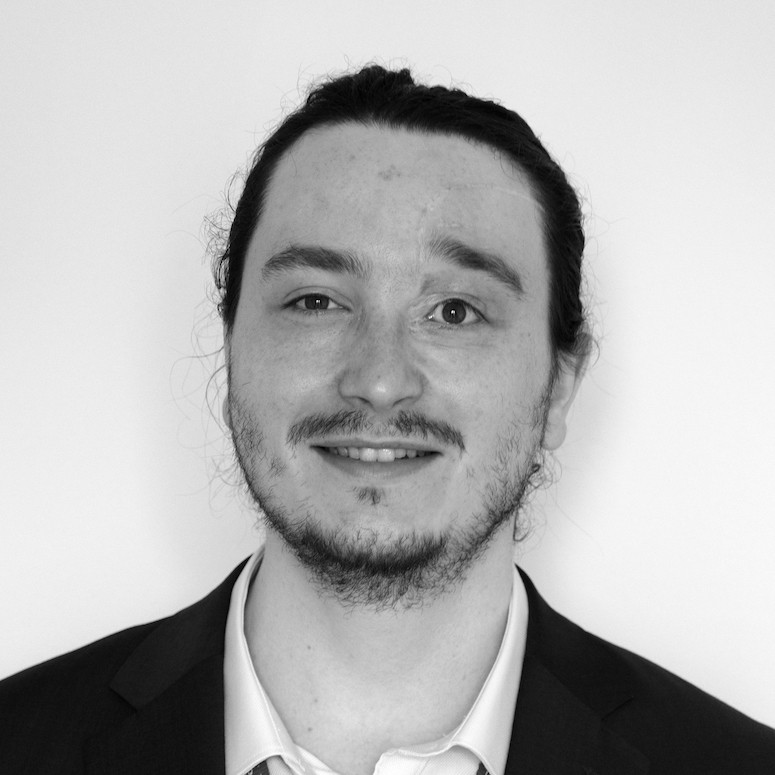
Dr Thibaud Antignac is a computer scientist and leads the Software Safety and Security Laboratory at CEA (French Alternative Energies and Atomic Energy Commission). He is experienced in cybersecurity and privacy as well as the formal analysis of architectures and protocols on which he worked at Inria in France and Chalmers University of Technology in Sweden in the context of national and European projects. He joined CEA in 2016 to develop the scientific and technical activity of the Software Safety and Security Laboratory in the field of privacy. Since 2019 he has also been the Executive Director of the SPARTA Cybersecurity Competence Network pilot. He graduated with an M.Sc from ENS Paris-Saclay, an M.Eng from Mines ParisTech, and a Ph.D from INSA Lyon.
